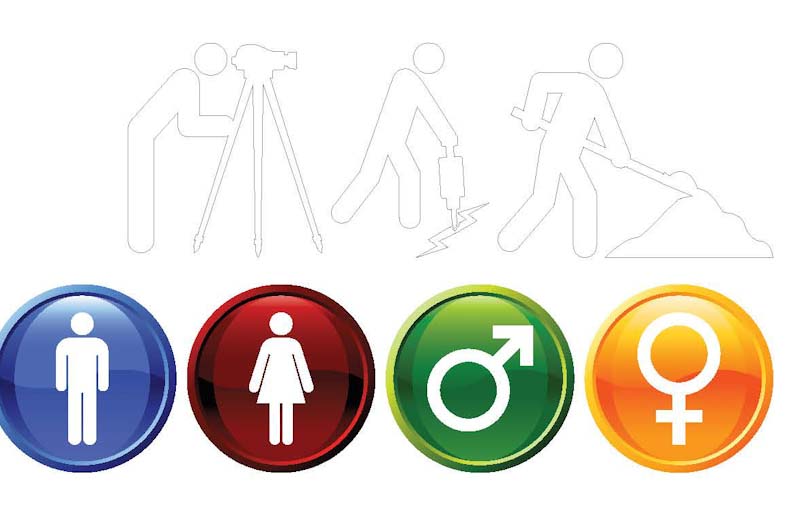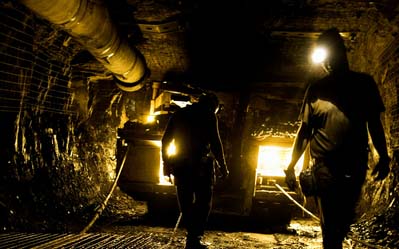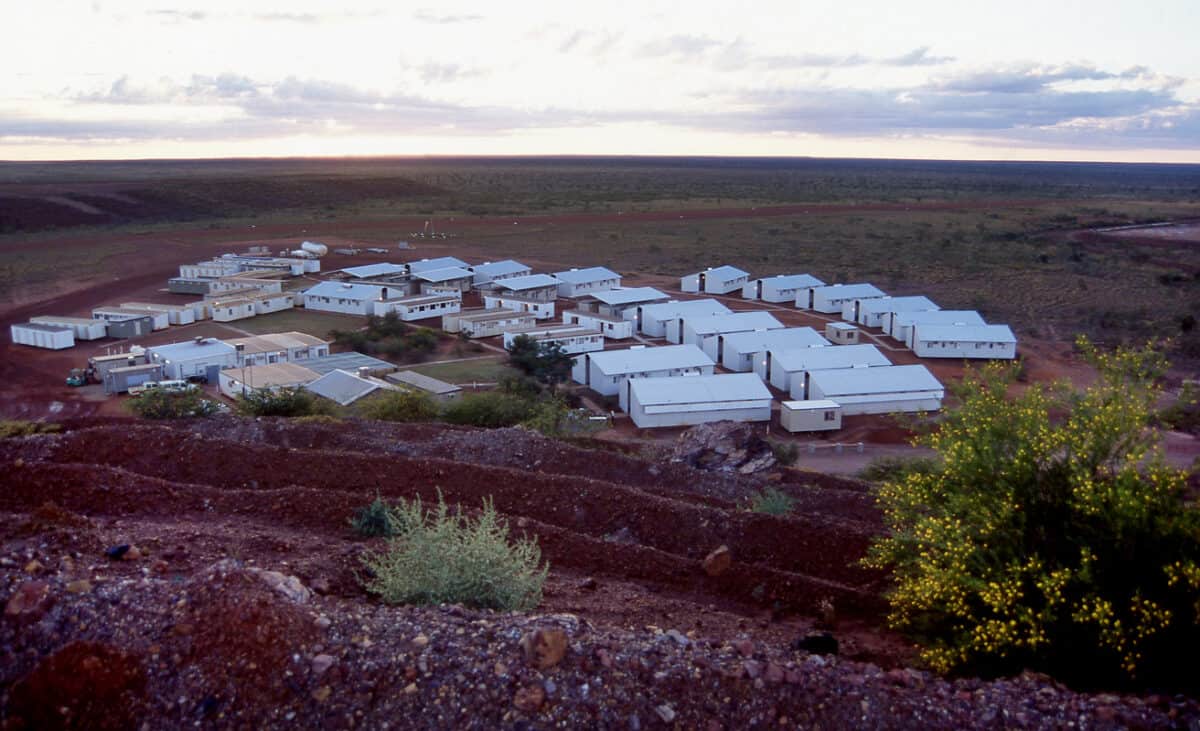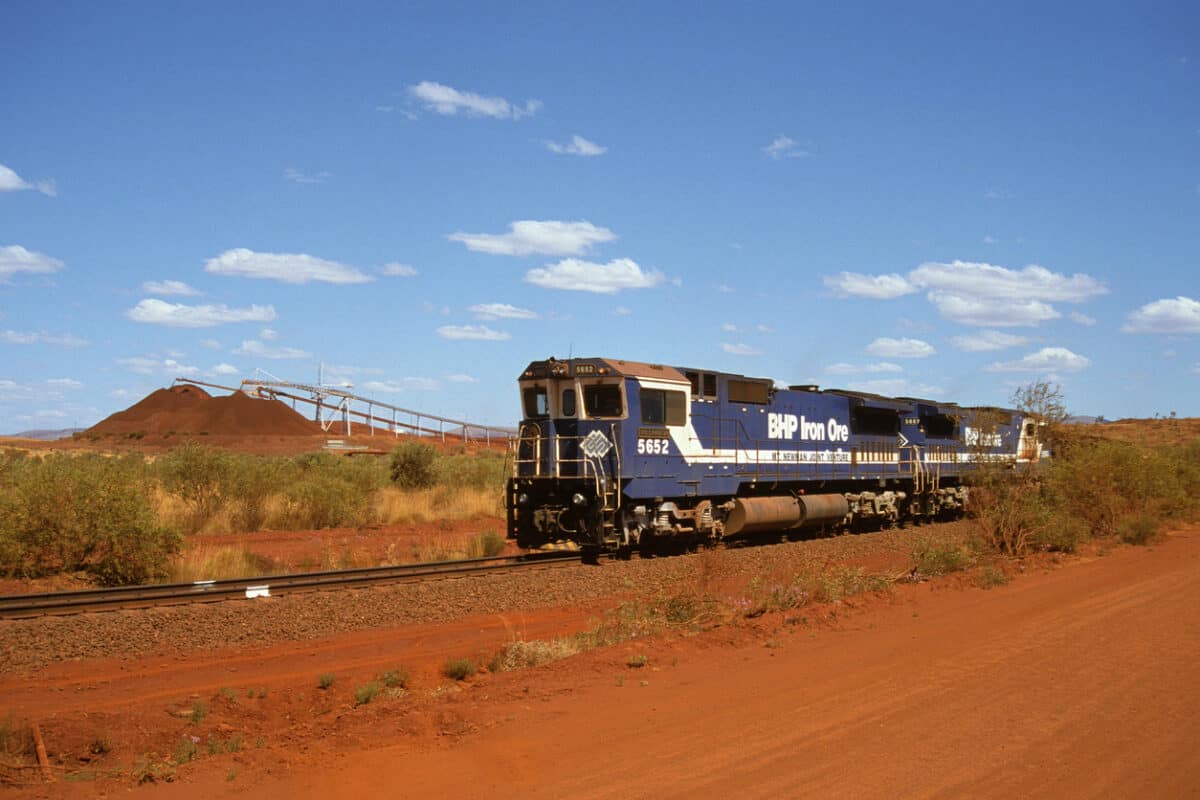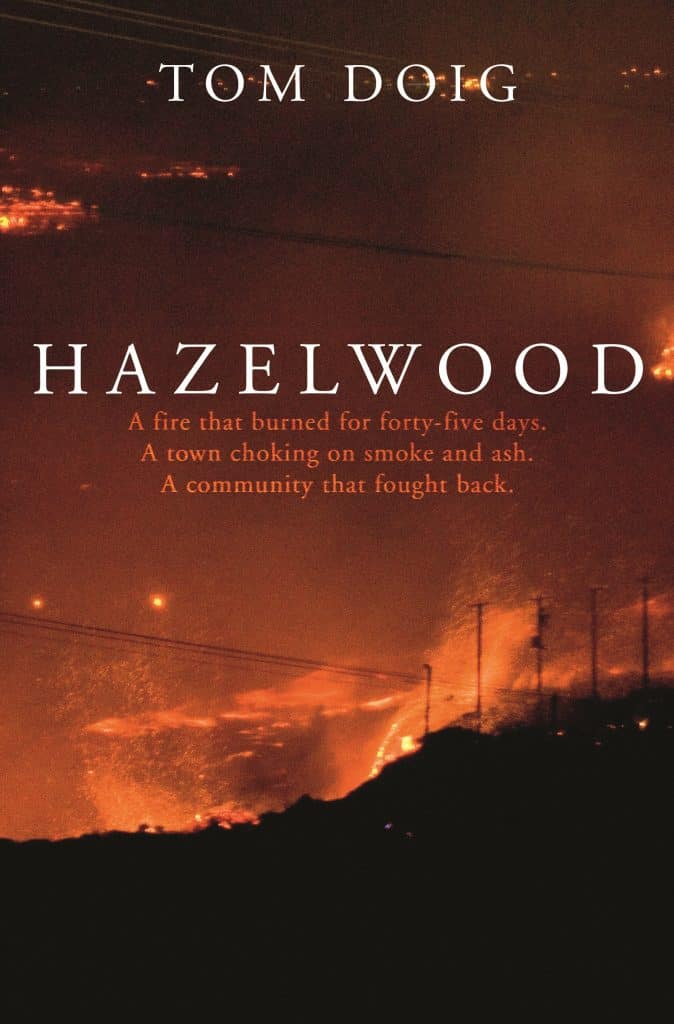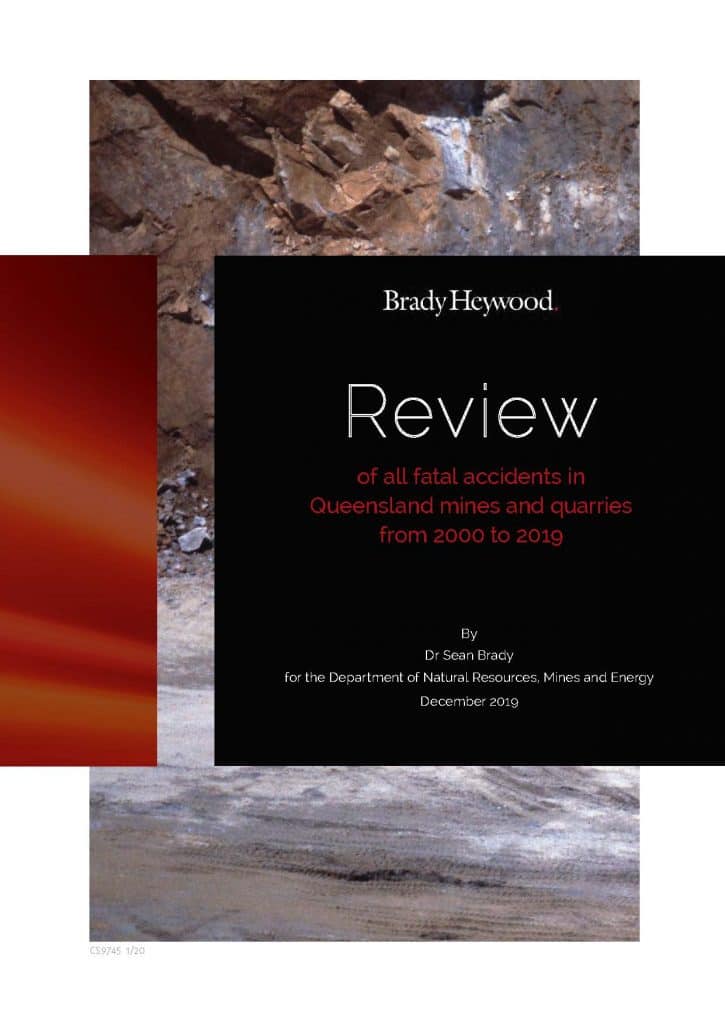Next month the Australian government is conducting a “Jobs and Skills Summit“. Such consultative events have been held every so often for decades but usually after a new government is sworn in and after the previous one was in power for too long or lost its way. Such summits are seen as ways of reconnecting with disaffected and disempowered industry associations, trade unions and other organisations with the ear of the incoming government.
One of the most vocal industry associations is the Business Council of Australia. The BCA has existed since 1983. Its Wikipedia entry lists its large corporate membership, providing context to its policies and positions. On August 15 2022, its CEO Jennifer Westacott had an opinion piece, “What a Jobs Summit ‘win’ would look like“, published in the Australian Financial Review, but with a different headline. Workplace safety was mentioned in passing but is hiding in the subtext elsewhere.


